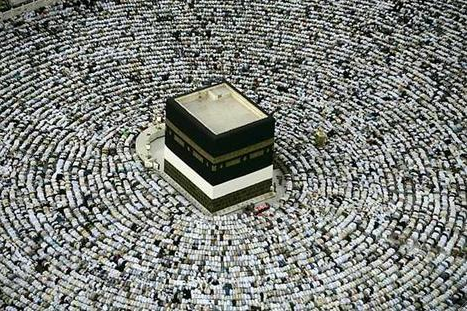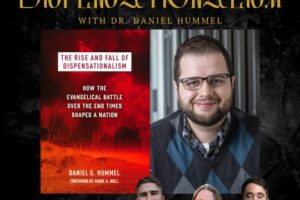My friend, Aaron, and I walked into a Mosque on a Sunday afternoon looking for a fight. Or at least I was. Aaron was just being nice by going with me. I was in a class that required me to dialogue with Muslims about their faith and my faith with a slant towards apologetics. As an American, my first thought was a real live Muslim? If you’re not from here (America) you probably don’t know that Islam is not particularly well represented in the US. Less than 1% of us are Muslims, so the idea of talking to one sounded exotic. I didn’t know what I was getting into.
We were sat down in two separate chairs, graciously greeted and provided water. And for the first time in my entire life, I spoke with someone who genuinely believed that I was going to hell. And he wasn’t afraid to say it. We talked about history, philosophy, scripture, textual criticism, and just living in general. It wasn’t an intense conversation. In fact, it was mild and informative. As I walked out, I didn’t yet know about the painful seed that was planted in me. I thought it was a regular day with an exciting component, not a life-defining experience.
I dropped Aaron off and drove back to my dorm room. The sun went down and I got into bed, still thinking about my interaction with my new Muslim friend. I thought about the fact that he is just one of billions that agree with him.
When I was supposed to go to sleep, a wave of anxiety and doubt crashed over me as I began to reckon with the fact that somebody is wrong about their beliefs. For the first time, I considered that it might be me. I couldn’t sleep. And for months, I thought about nothing but this simple potentiality: I could have it wrong. I could be going to hell.
In a world where apologetics reigns as the Evangelical pastime, I had grown up reading and talking about countless books written to defend the veracity of my own beliefs. I knew how to navigate this apologetic world and I was aware of all the places and sources I could turn to in times of need.
How do we know Jesus was crucified? Tacitus, Josephus, Suetonius, Pliny the Younger.
How do we know that the Bible hasn’t changed? 5000 Greek Manuscripts, 99% accuracy, Church Father Quotations, Dead Sea Scrolls.
How do we know that man didn’t just evolve? Fossil Record, Irreducible Complexity.
That was Christian living for me. It was the ability to show people that my God was real.
But as I grappled with this newfound doubt, my normal sources offered no comfort. They were empty and void, just ink on paper. They remained conspicuously unable to banish my uncertainty. As I dragged myself further into sources of evidence, I felt like I wasn’t getting closer to anything. I was simply lost and in need of finding.
After months of this, I had a change of heart. I began to pray that God would give me peace and comfort, instead of looking for it in a book or a DVD or a website. This is when things changed. It wasn’t my efforts to prove my beliefs that brought me peace. Instead, it was God, confirming himself through the witness of the Holy Spirit. Over time, it became more apparent that I was building my own personal Tower of Babel. I wanted to find God on my own terms. This only got me more lost.
Instead, it was at my most lost and vulnerable, when I gave up my efforts to Him in which I finally felt peace in my doubt. I don’t build a tower up to God, he reaches down and finds me.





7 Comments
Leave your reply.